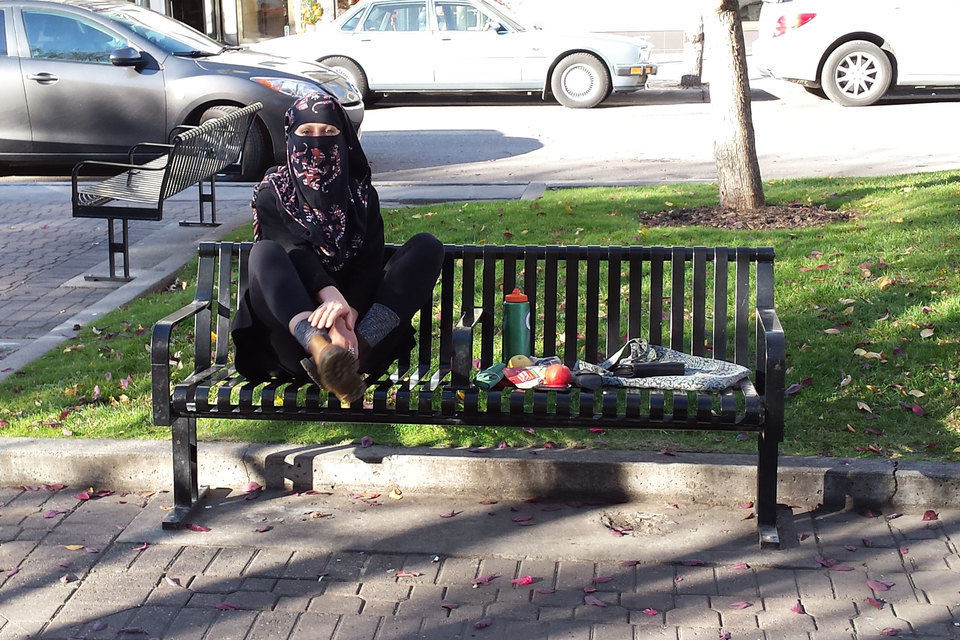CEED Feminisms
Feminist Duration Reading Group x Cell Project Space
21.09.2023

CEED (Central Eastern European and Diaspora) Feminisms was founded in May 2023, in collaboration with Feminist Duration Reading Group. Running September 2023–April 2024, the CEED Feminisms reading group series is informed by the research of over 40 practitioners based in the UK, Central Eastern Europe and beyond, who joined the project through an open call.
Expanding on concerns platformed across Cell's 2022/3 programme, CEED Feminisms responds to cultural blind spots around prejudice and xenophobia in the UK towards the 'Eastern European' immigrant, sharpened by Russia’s war in Ukraine, and by Brexit. Building on Feminist Duration Reading Group’s tried and tested methodology of reading under-known and under-appreciated feminist texts from outside the Anglo-American canon out-loud, together, the series aims to open spaces of mutual support, curiosity and learning that oppose the UK's hostile environment.
CEED Feminisms 1: An in-person reading group in September 2023 considered Central Eastern European feminisms inflected by postsocialism, continuities in postsocialist and postcolonial feminisms and routes to decentring Western Feminisms. Extracts from Ewa Majewska's Feminist Antifascism (2021) focused the case of postsocialist neoliberal Poland, alongside Madina Tlostanova, Suruchi Thapar-Björkert and Redi Koobak's discussion of 'Border Thinking and Disidentification'.
CEED Feminisms 2: An online reading group in October 2023 led by Ukrainian scholars and activists Irina Zherebkina, Sergey Zherebkin and Victoria Larchenko, editors of the journal Gender Studies 26, explored the dynamics and possibilities of transnational feminist solidarity in the face of Russia's war in Ukraine, and the potential of feminist speech acts.
CEED Feminisms 3: A screening event in November 2023, brought together performance documentation and moving image works exploring gendered labour, diasporic experience and 'East' to 'West' migration, by feminist artists Sanja Iveković, Tanja Ostojić, Darija Radaković and Selma Selman, each with connections to the former Yugoslavia. A group discussion of the artists' works was moderated by curator and Feminist Duration Reading Group member Dr Lina Džuverović.
This was expanded upon in January 2024, through a 24-hour online screening of Sanja Iveković's filmic portrait of the staff who clean Erste Group bank's Vienna headquarters, The Invisible Women of Erste Campus (2016).
CEED Feminisms 4: On Wednesday 20th March 2024, an online session led by Tirana-based reading group Radical Sense introduces contemporary Albanian feminist discourse as a live dialogue between thinkers, writers and artists based in the Balkans and internationally. The session will centre on a micro-reader compiled by the group that explores the activity of translating SCUM Manifesto, radical feminist Valerie Solanas’s 1967 polemical argument for the wholesale extermination of men, featuring Doruntina Vinca’s oral essay ‘SKAM, or the Albanian Lesson,’ 2021. RSVP.
CEED Feminisms 5: The reading group series will conclude in April 2024 with the launch of a pamphlet distilling the CEED Feminisms network's research into a published bibliography that expands upon the concerns and content of each session. Further info to follow.
If you are interested to find out more about the CEED Feminisms Research Network please contact Jessie Krish: jessie [at] cellprojects [dot] org
Curator Jessie Krish, with Adomas Narkevičius (Cell Project Space), Lina Dz̆uverović, Sabrina Fuller and Helena Reckitt (Feminist Duration Reading Group), and the CEED Feminisms Research Network. All are welcome to contribute and participate.
Established in 2015, the Feminist Duration Reading Group (FDRG) is a gathering focused on feminisms outside the dominant Anglo-American canon. It juxtaposes earlier moments of radical feminist thought, art, and collective practice with current urgencies. The group has developed a practice of reading out loud, together, one paragraph at a time, with the aim of creating a sense of connection and intimacy during meetings.
CEED Feminisms is a Research Group of the British Art Network (BAN). BAN is a Subject Specialist Network supported by Tate and the Paul Mellon Centre for Studies in British Art, with additional public funding provided by the National Lottery through Arts Council England.

Generously supported by Cockayne Foundation
